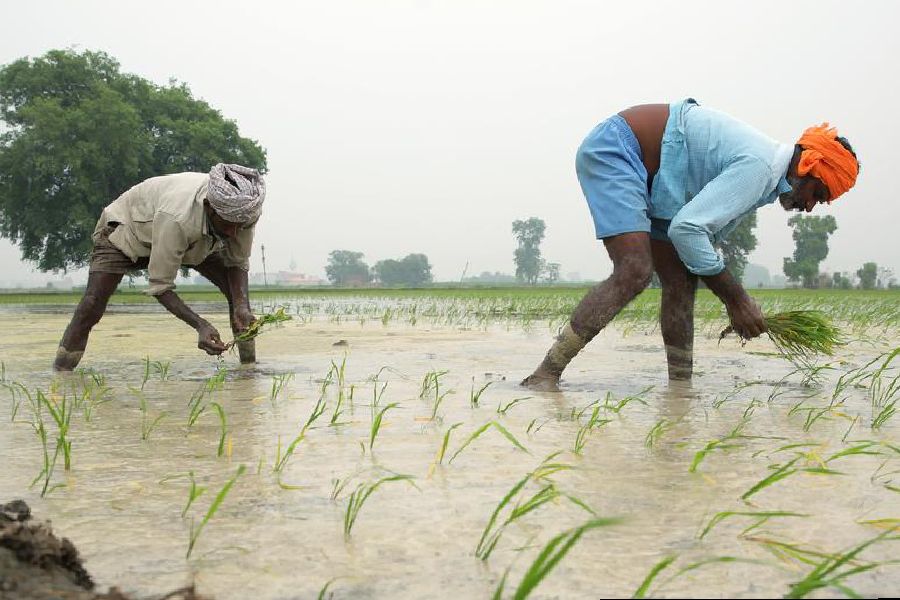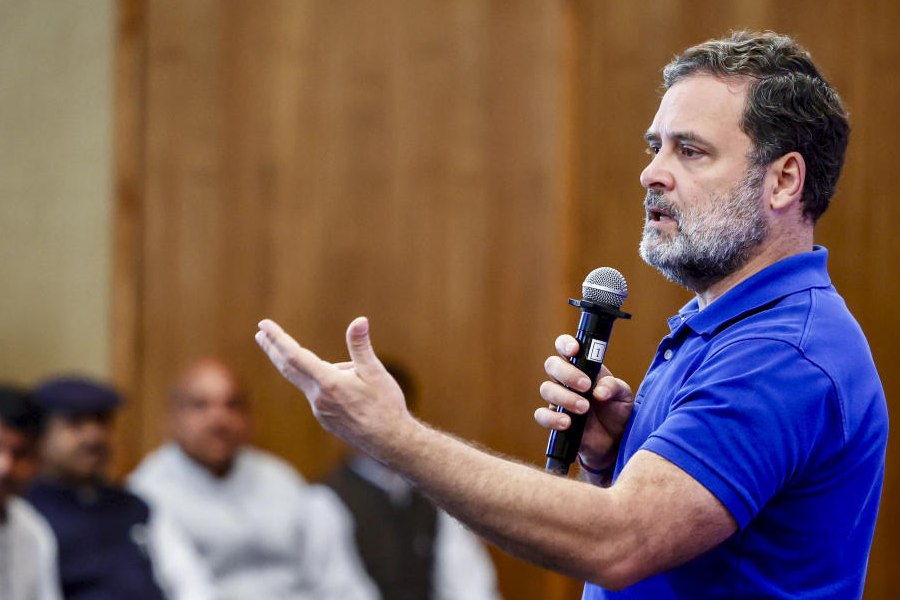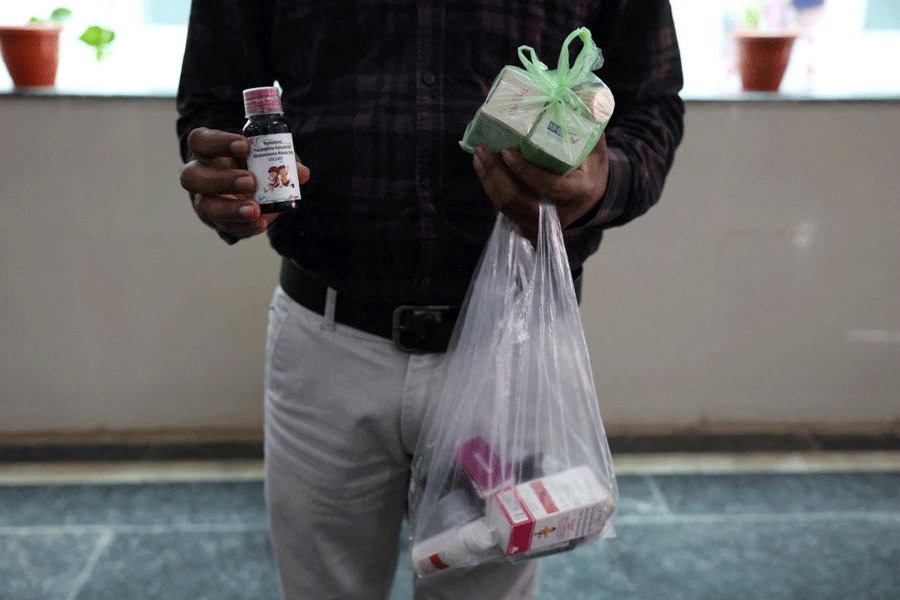It calls itself “a company of the farmers, by the farmers, for the farmers.” Arguably the country’s biggest integrated fruits and vegetables value chain, Sahyadri Farms in Maharashtra’s Nashik became the first farmer producer company to scale the milestone of achieving a turnover of Rs 1,000 crore in a financial year (2022-23). With 18,000 registered farmers covering 31,000 hectares of land under grapes and tomatoes, it’s the largest supplier of farm-fresh produce from among the farmer-run organisations and has the best practices in production and supply chain. It achieved all this in a span of 13 years with a professional approach and through integrated value chains. But Sahyadri Farms is an exception, most FPCs are struggling.
Earlier this week, I travelled to the economically backward region of Chhindwara in Madhya Pradesh to see an emerging model of regenerative landscape farming, a concept that combines sustainable principles of organic and natural farming to shun chemicals in farms. A group of 1,000 organic farmers, mostly Adivasis, has formed the Chhindwara Organic Farmers’ Enterprise, catalysed by a non-profit, Srijan, in a bid to achieve scale and tap markets for their organic produce.
COFE’s turf is vastly different from Sahyadri’s catchment in socio-economic contexts. The women-led COFE has umpteen challenges to overcome. Not that Sahyadri Farms did not face challenges. It did, but you can tell the differences. While Sahyadri has zoomed past other FPCs, COFE is an infant requiring nourishment, like many other nascent FPCs. Luckily, it has a good catalyst to hand-hold it, but challenges abound — from access to credit to entrepreneurship training to remunerative markets.
India has about 16,000 FPCs, mostly formed in the last nine years and incorporated under the Companies Act, envisaged largely as businesses for small farmers to help them achieve scale. Data show that a majority of these FPCs are restricted to a few states that have a legacy of entrepreneurship, relatively better policy support from state governments and markets.
Many agricultural economists agree that collective social enterprises are a way forward for lagging regions and sectors in India, including agriculture. So COFE is the way forward. But does it stand a chance in fiercely competitive and often rigged business spaces without fixing core issues?
I don’t think it does.
Apart from some really robust notable examples — the Sahaja Aharam in Andhra Pradesh and Telangana or Vanilco in Kerala, among a couple dozen others — an overwhelming majority of the FPCs grapple with the lack of a level playing field, capacities, entrepreneurial spirit, access to low-interest credit, external finance and market linkages. The result is that they remain on paper.
At the root of their woes remains the agrarian crisis that refuses to die. For instance, small farmers in at least 200 districts face monsoonal vagaries this year, with weeks of dry spells followed by extreme rainfall events, disastrously impacting the main kharif crop and crushing hopes for the rabi season.
No farmers’ company can address climatic aberrations amidst a changing climate, broken landscapes, tattered ecologies and market volatilities unless supported by policies and incentives. Beyond business though, these FPCs must be seen through the prism of collectives — a step in the right direction that leads to mobilisation of the peasantry for social and economic well-being, transcending geographical boundaries with new knowledge and an inclusive vision for change.
These collectives, together with thousands of women self-help-groups, could become engines of growth — for individual households as well as for society. Sahyadri Farms shows that.










